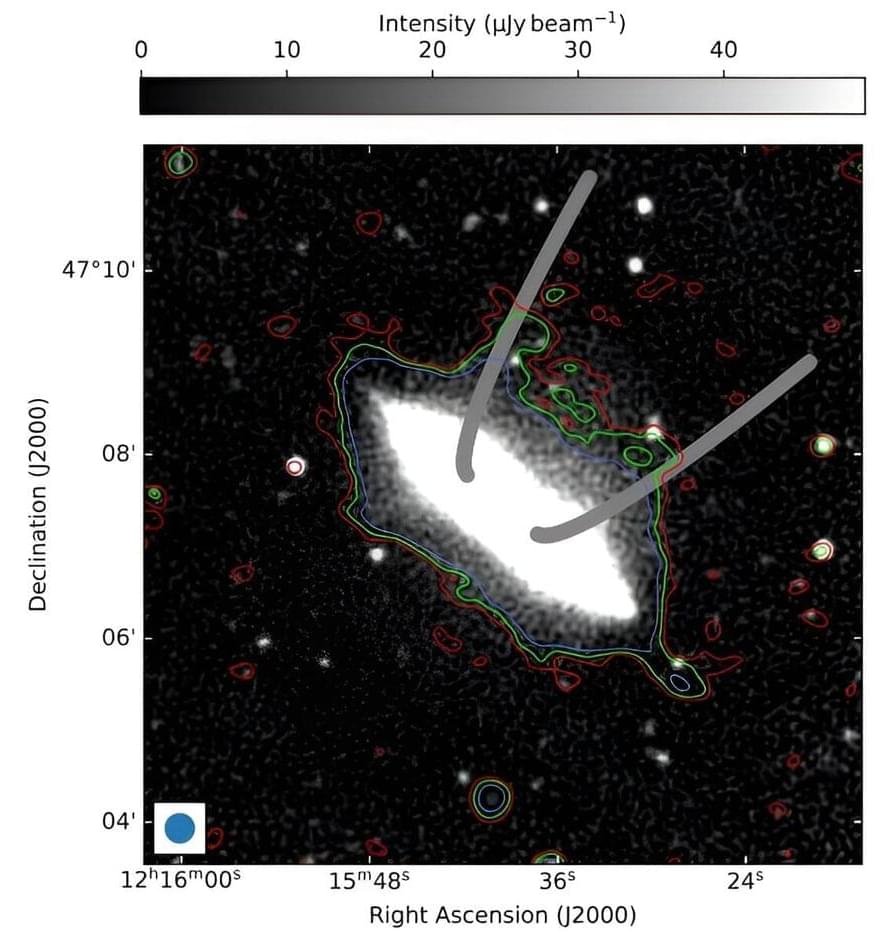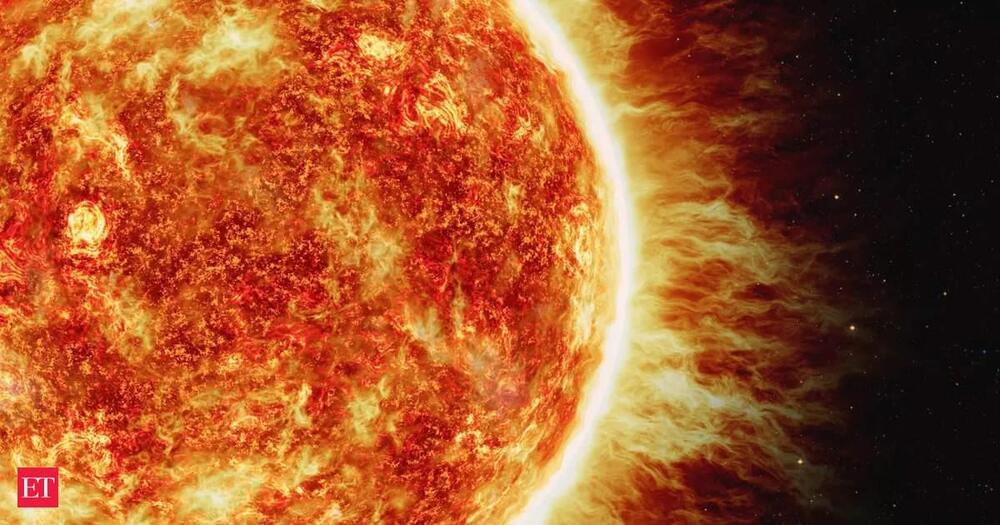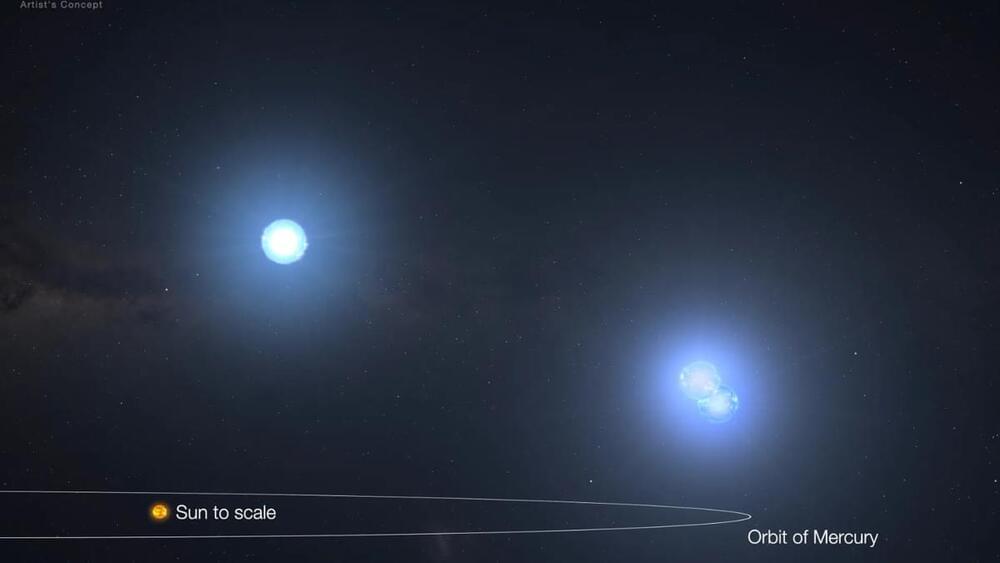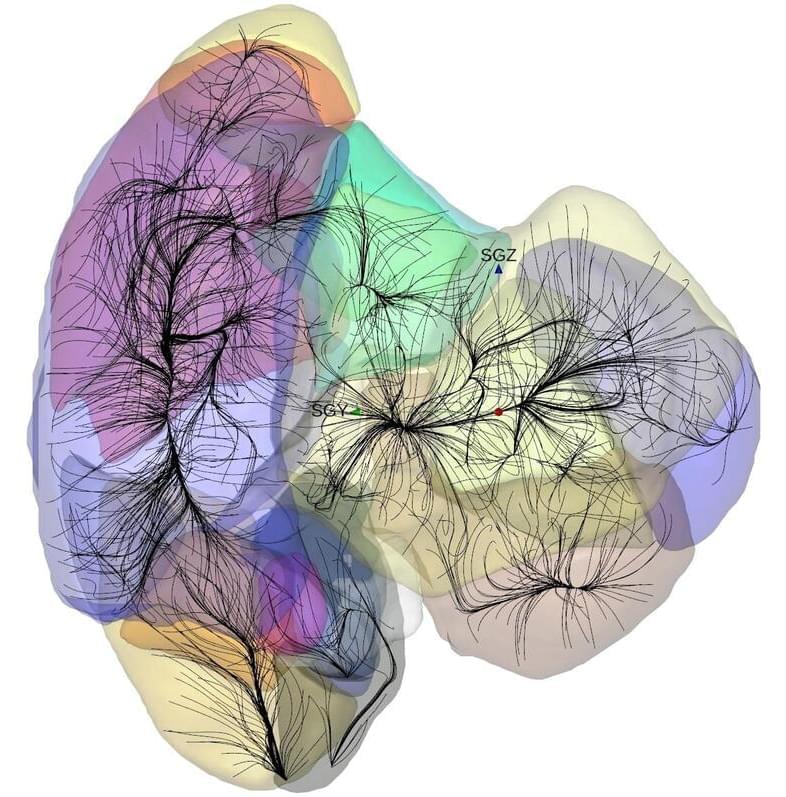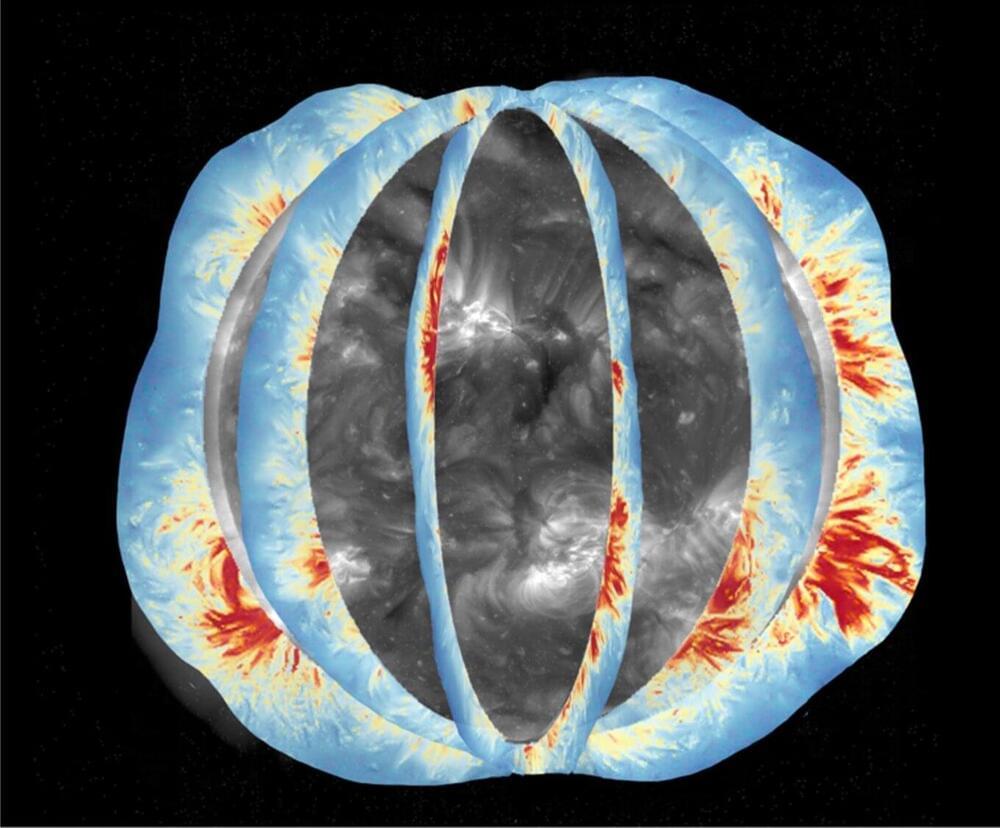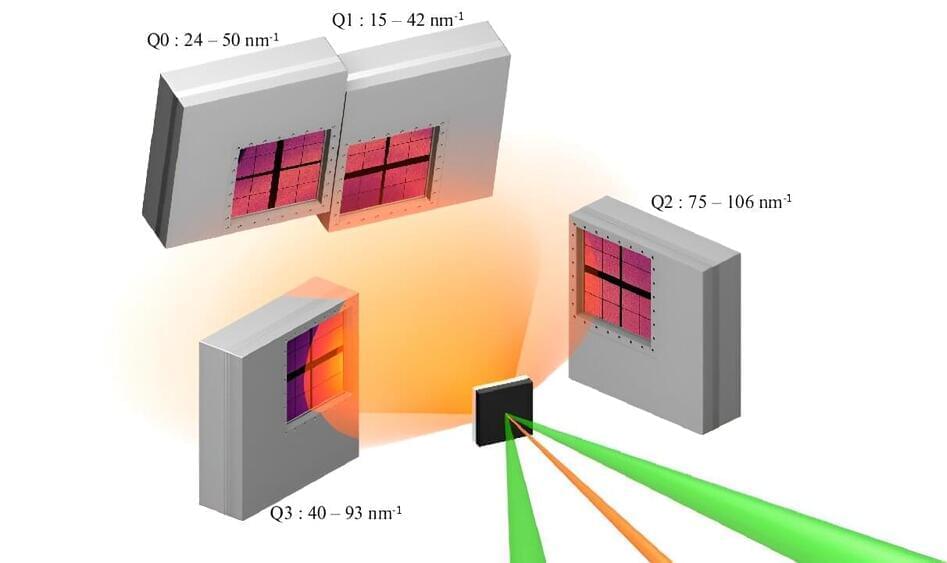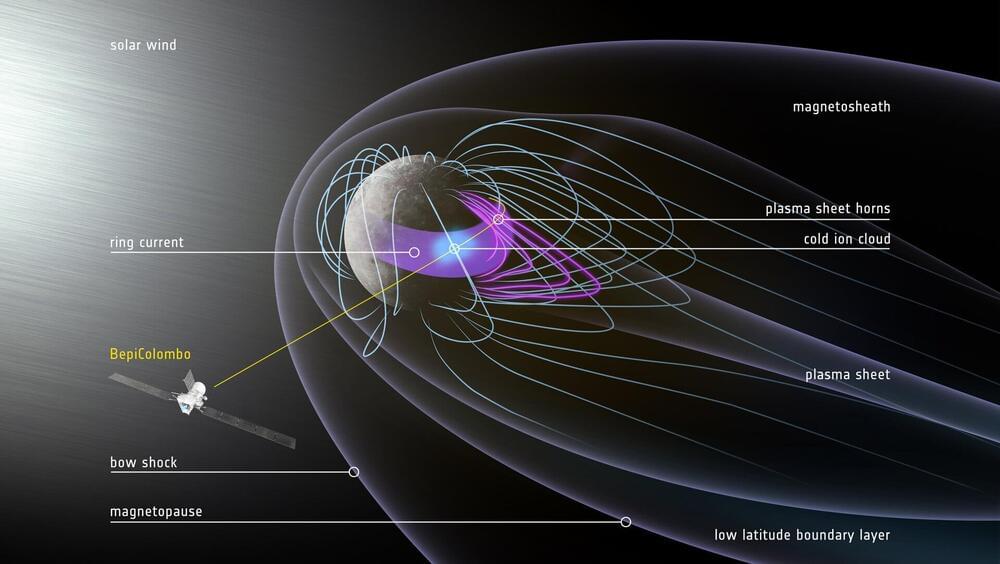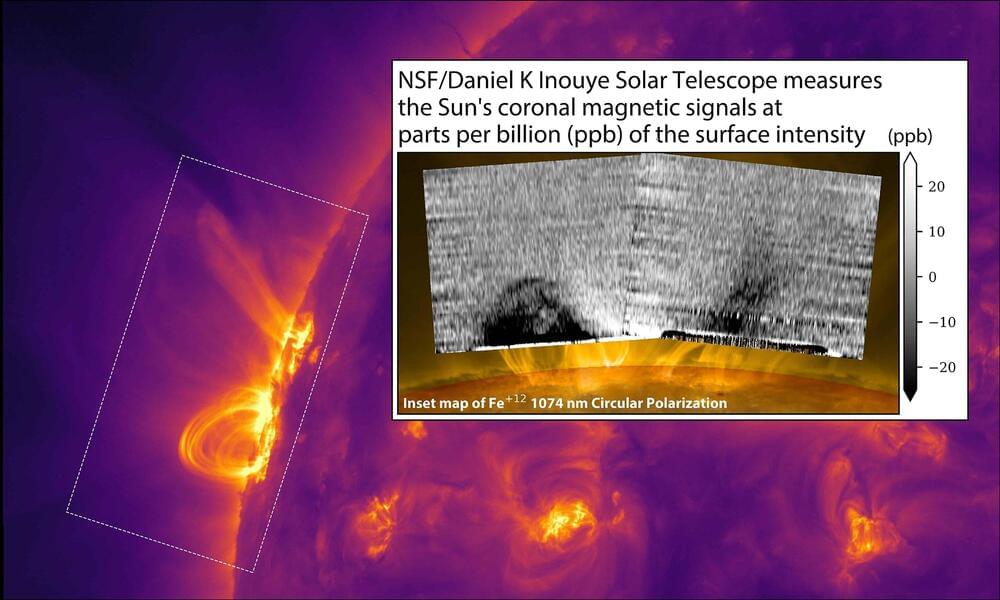
The U.S. National Science Foundation (NSF) Daniel K. Inouye Solar Telescope, the world’s most powerful solar telescope, designed, built, and operated by the NSF National Solar Observatory (NSO), achieved a major breakthrough in solar physics by directly mapping the strength of the magnetic field in the solar corona, the outer part of the solar atmosphere that can be seen during a total eclipse. This breakthrough promises to enhance our understanding of space weather and its impact on Earth’s technology-dependent society.
The corona: the launch pad of space weather.
The Sun’s magnetic field generates regions in the Sun’s atmosphere, often rooted by sunspots, that store vast amounts of energy that fuel explosive solar storms and drive space weather. The corona, the Sun’s outer atmosphere, is a superheated realm where these magnetic mysteries unfold. Mapping coronal magnetic fields is essential to understanding and predicting space weather — and to protect our technology in Earth and space.
